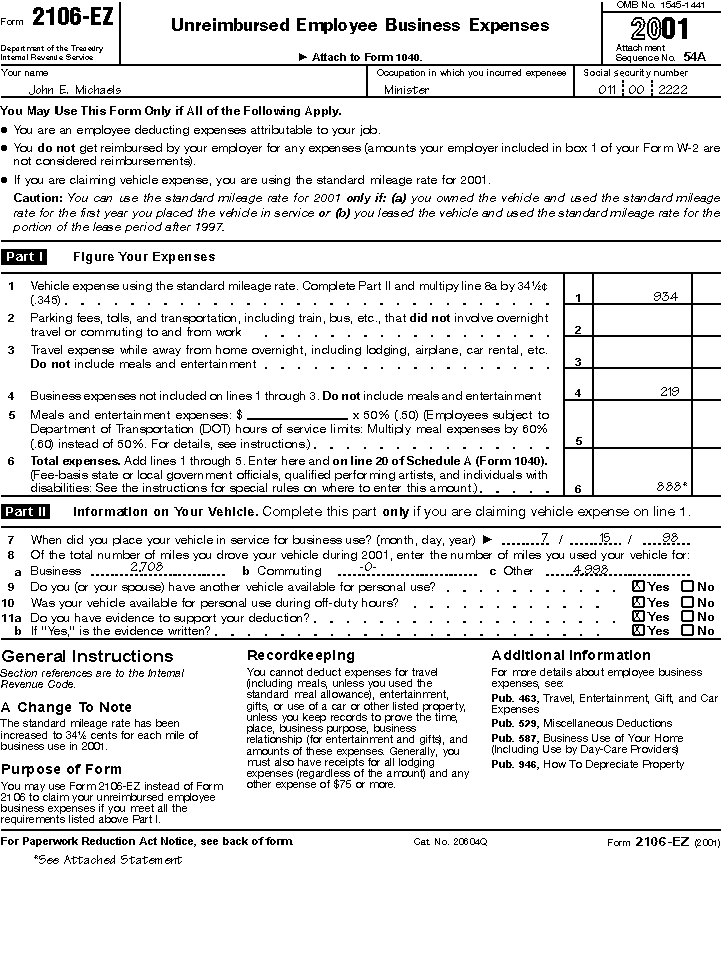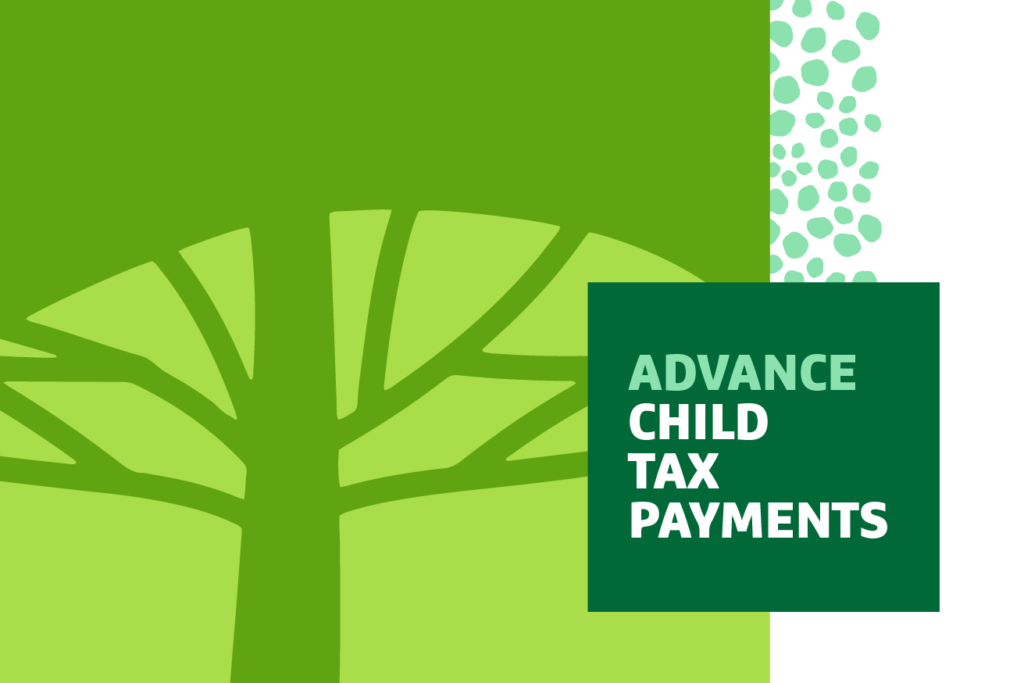Table of Content
You also may be able to deduct charitable donations, casualty and theft losses, some gambling losses, unreimbursed medical and dental expenses, and long-term care premiums. You must itemize your deductions to claim the mortgage interest deduction, mortgage points deduction, and SALT deduction. You can’t claim these deductions if you take the standard deduction when filing your tax return. According to the IRS, you can treat amounts that you paid for PMI as home mortgage interest.

If it’s not included on your 1098, add this to your total mortgage interest when doing your taxes. For example, if you’re in the 24% tax bracket, your tax liability will be reduced by 24% of the total claimed deduction. So, if you claim a $1,000 deduction, you can expect your tax liability to drop by $240 ($1,000 × 24%). Whether you buy a mobile home, town house, condominium, co-operative apartment, or single-family home, several tax breaks can save you money at tax time. If the capital gain exclusion doesn't completely wipe out your tax bill when you sell your home, you can still reduce the tax you owe by adjusting the basis of your home.
What home expenses are tax deductible 2020?
(The exact percentage is listed on the MCC issued to you.) The credit is limited to $2,000 if the credit rate is higher than 20%. However, if your allowable credit is reduced because of the limit, you can carry forward the unused portion of the credit to the next three years or until used, whichever comes first. PMI is usually required on conventional loans when homeowners have less than 20% equity in their homes. Whereas tax deductions reduce how much taxes you’ll pay indirectly, by reducing your taxable income, tax credits reduce your bill directly — they are dollar amounts subtracted from your tax bill itself.
But if you're self-employed, you may be able to deduct eligible home office expenses if you maintain a dedicated office in your home and maintain it as your principal place of business. Like the mortgage interest deduction, discount points are deductible on the first $750,000 of debt. The only downside is that your taxes will get more complicated. Gone are the days when you plug your W-2 information into the 1040EZ form and finish your taxes 10 minutes later. As a homeowner, you enter the wonderful world of itemizing.
Mortgage credit certificate
Worksheets included in Publication 523 can help taxpayers figure the adjusted basis of the home sold, the gain or loss on the sale, and the excluded gain on the sale. To claim the exclusion, the taxpayer must meet ownership and use tests. During a five-year period ending on the date of the sale, the homeowner must have owned the home and lived in it as their main home for at least two years. Lenders charge private mortgage insurance to borrowers who put down less than 20% on a conventional loan.
For example, you could deduct $5,000 in income taxes paid and $5,000 in property taxes. But if you paid $7,000 in income taxes and $5,000 in property taxes ($12,000 total), your deduction would still be limited to $10,000—that additional $2,000 isn’t tax-deductible. The deductions you itemize affect the total amount of income that the IRS taxes you on, whereas a tax credit reduces the amount of your tax bill that you pay. For example, if you made $50,000 per year and your itemized deductions totaled up to $12,000, you’d only have to pay taxes on $38,000 of income. On the other hand, if you owed $2,000 in taxes, and claimed a tax credit worth $1,000, you’d now only owe $1,000 in taxes. Text for the bill saysthat first-time homebuyers of a principal residence in the U.S. could claim a tax credit equal to 10% of the purchase price of the tax residence during that tax year.
Is this program the same as the Biden First-Time Homebuyer Act?
(For pre-2018 mortgages, interest on up to $1 million of debt is deductible.) Improvements are "substantial" if they add value to the home, extend the home's useful life or adapt the home for new uses. Basically, additions and major renovations are "substantial," but basic repairs and maintenance are not. How much you save from the tax benefits of owning a home depends largely on your filing status and income.

These include white papers, government data, original reporting, and interviews with industry experts. We also reference original research from other reputable publishers where appropriate. You can learn more about the standards we follow in producing accurate, unbiased content in oureditorial policy. The HOMES Rebate program rewards homeowners who cut home energy consumption through energy-efficient upgrades, such as insulation and HVAC installations. Residential energy property—These are energy-efficient versions of appliances that heat or cool your home, including heat pumps, central air conditioners, biomass stoves and boilers, and oil furnaces. It also includes energy-efficient water heaters and boilers and electric panel upgrades installed in conjunction with qualified energy property improvements.
The homebuying process can be quite strenuous, so it’s important to identify your financial situation and determine whether you need mortgage insurance. If you don’t think you’ll be able to make a 20% down payment on your first purchase, remember that numerous home loan and mortgage options exist. Finding the right option will just require a bit of thorough research. Check this overview of the many targeted loan programs available for first-time homebuyers.
Another type of homebuyer tax credit is known as the "mortgage interest deduction." This deduction allows homeowners to deduct the interest they pay on their mortgage from their taxable income. This can result in significant savings, particularly in high-tax jurisdictions. The amount of interest that can be deducted depends on several factors, including the amount of the mortgage and the taxpayer's income bracket. Homeowners can also deduct points paid on their mortgage from their taxable income. The credit amount ranges from 10% to 50% of mortgage interest paid during the year.
By increasing your take-home pay throughout the year, you can use your tax savings to cover monthly expenses. Before you adjust your withholding, you may want to consult your tax advisor. IRS rules can be complex; so can loan documents and tax forms. To make the most of your available tax benefits, consider meeting with your tax pro before buying a home to discuss potential tax breaks and how they might affect you.

Deductions are expenses that the IRS has agreed you can subtract from your taxable income so that when you pay your tax bill, you’ll pay less. The government wants to promote homeownership among Americans and offering tax deductions for some of the expenses related to owning a home is one way that it does so. Did you know that you can get a tax break for buying a house, as well as for many of the ongoing expenses of homeownership? You could stand to save thousands of dollars at tax time, but first you have to know which of your expenses qualify and whether you want to itemize your deductions or take the standard deduction. The new version of the first-time homebuyer tax credit hasn’t passed Congress yet, but there are some tax credits homeowners can take advantage of today.

No comments:
Post a Comment